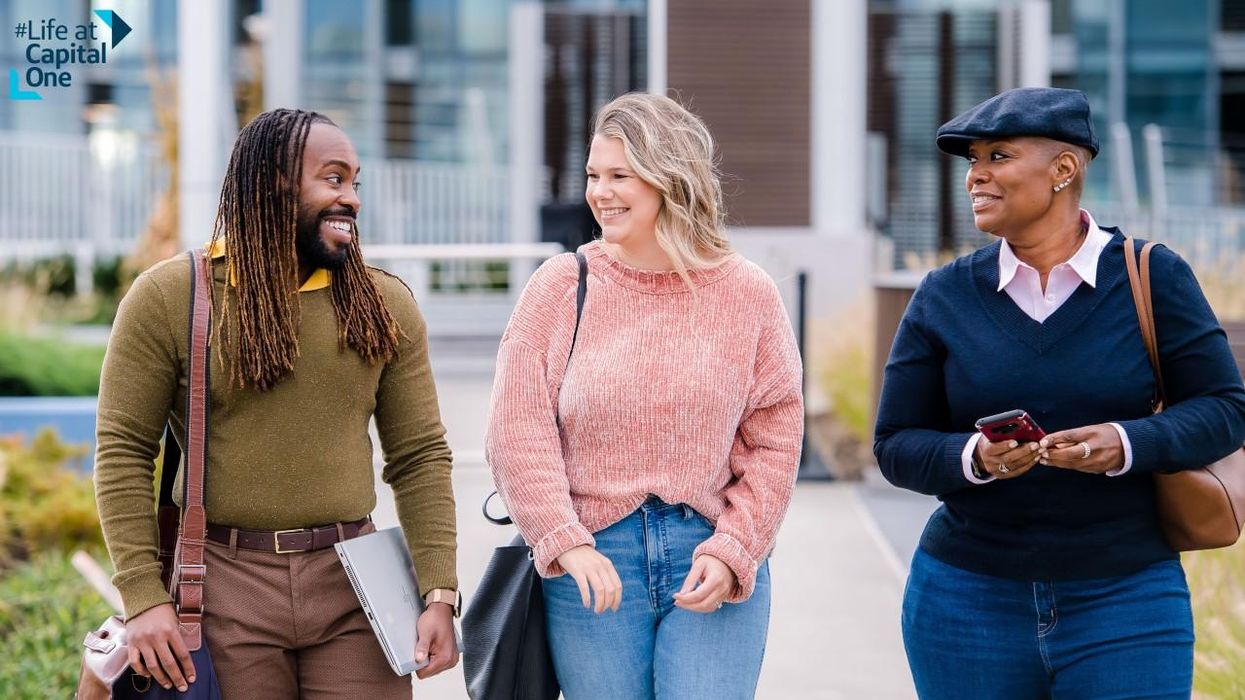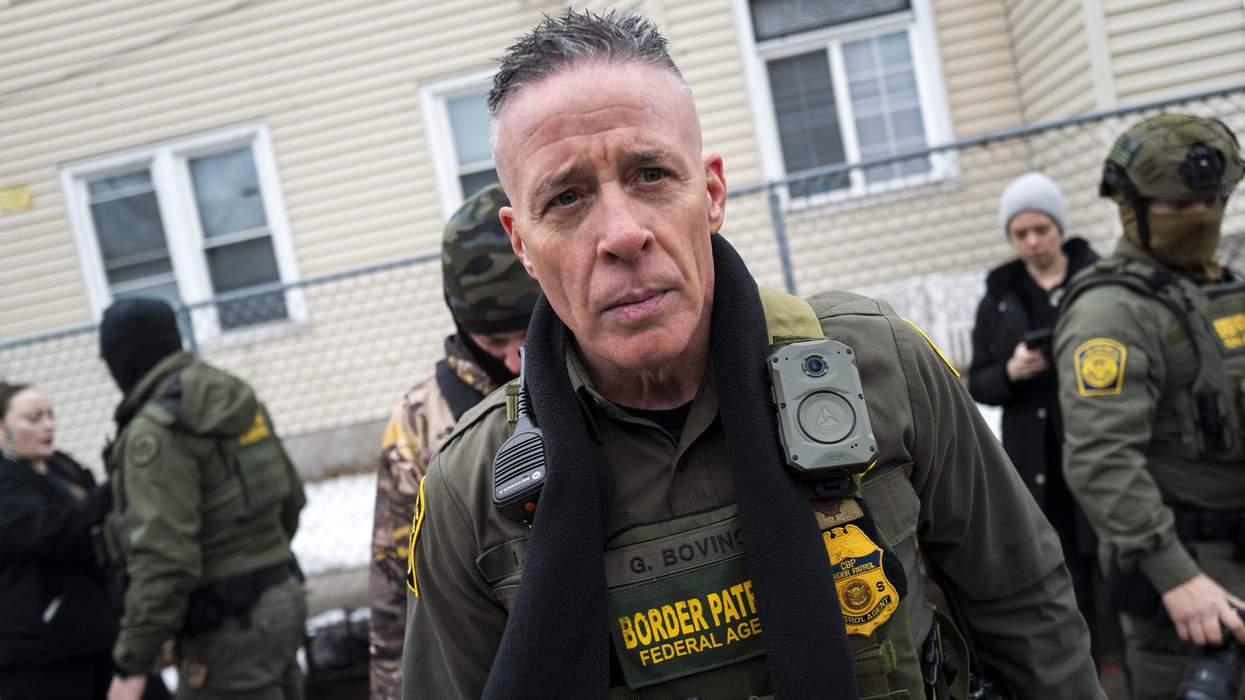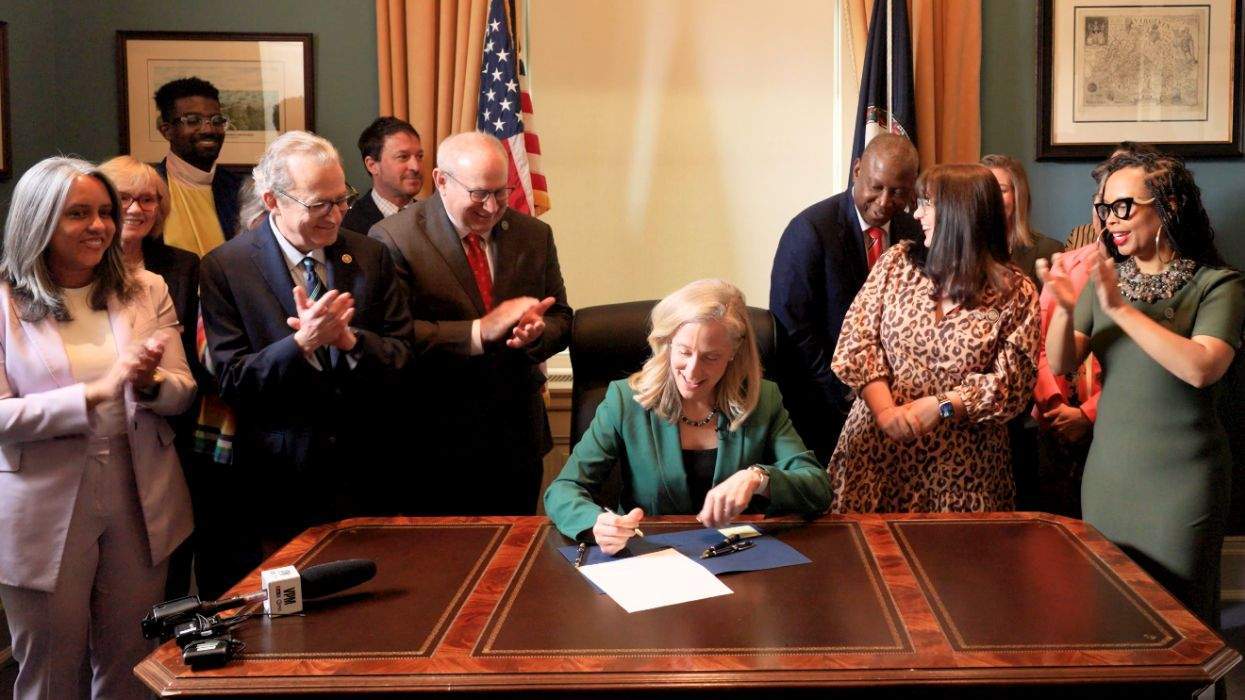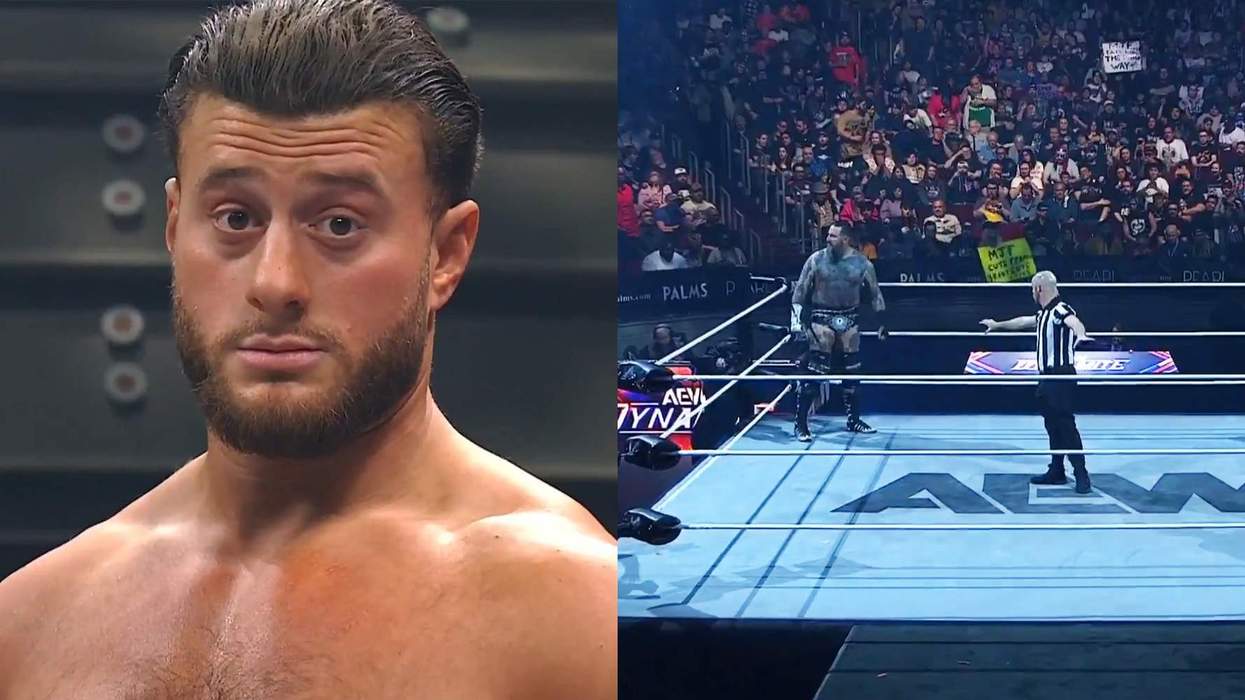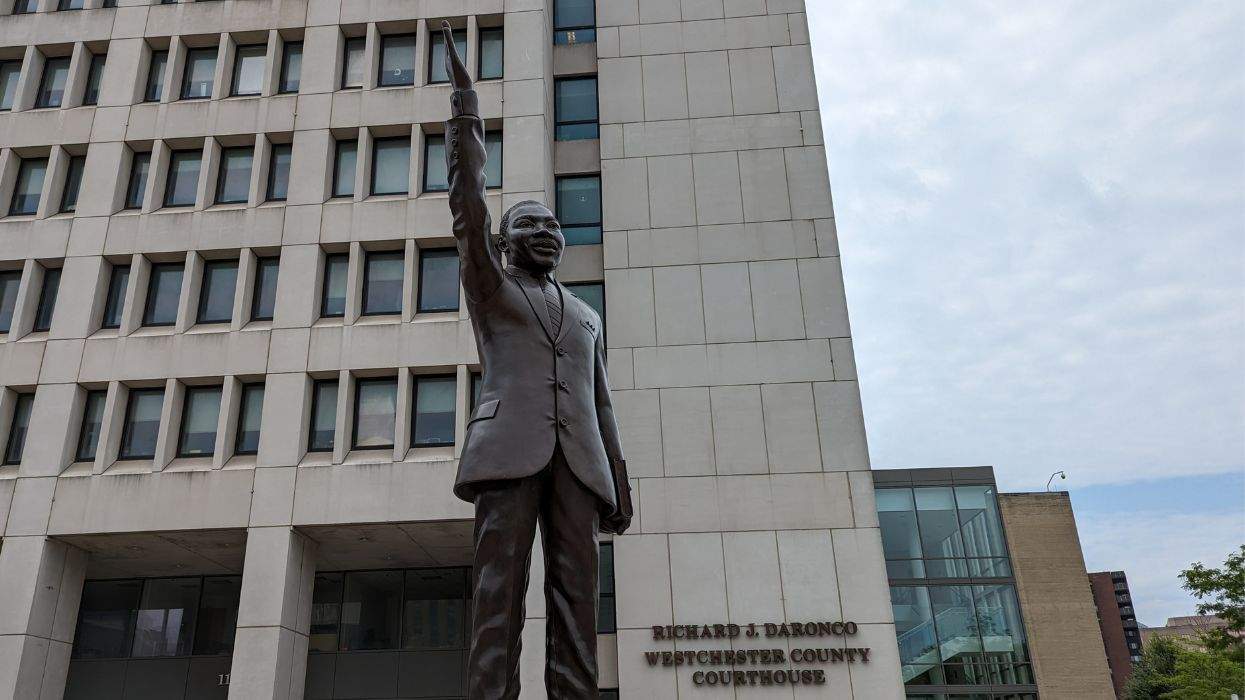Coming out and living life openly as part of the LGBTQ+ community takes courage, especially in the workplace. Some may not know what reaction they'll receive if they discuss their spouse or transition or hobbies; others may already know that some of their co-workers will be hostile to their lives. Then, there are those fortunate enough to not only work with LGBTQ+ colleagues, but to be surrounded by allies and a corporate culture that welcomes diversity and features policies supporting equitable health care and other benefits.
Jeffrey Cooke, tech events program manager for Capital One, counts himself as one of the lucky latter. Helping promote Capital One employees at high-profile industry gatherings, Cooke is buoyed by a queer-friendly corporate culture; he says it's one of the reasons he's been with the company for nearly a decade. Cooke spoke with us recently about how he and his employer foster diversity, and why he sees it as more than a smart investment.
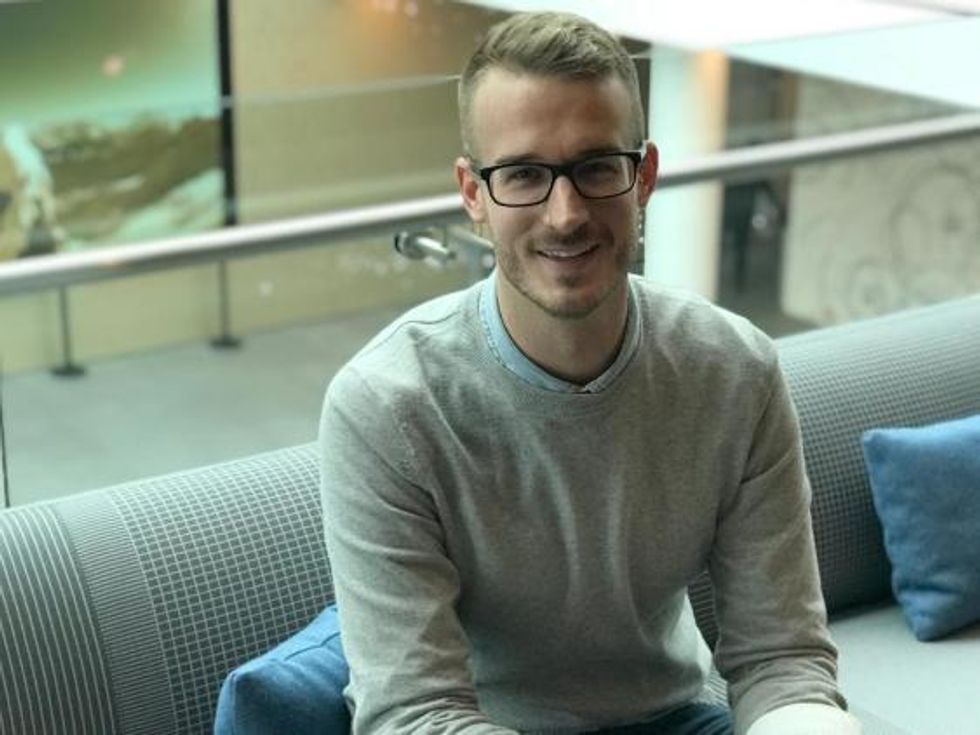
How have you helped increase and promote diversity at Capital One?
Two examples come to mind. One is a bit closer to home for me. I'm proud to be openly gay. I have had the opportunity to help our Out Front Business Resource Group, which supports our LGBTQ+ associates, develop a national Pride sponsorship strategy. For the better part of five years, I served in a leadership role for the Out Front team, thinking through how we differentiate our presence at some of the larger Pride festivals that we sponsor. Here in D.C., specifically when I started, our float was just a colleague's stroller pushing us around with some beads and maybe a handful of us walking. Fast-forward five or so years, we had a proper float with hundreds of associates with their partners and allies. Getting to see that journey was astounding.
More recently, I joined the diversity, inclusion and belonging pod in Corporate Communications, the department I work in, and specifically consider the racial reckoning the country has gone through. How can we center minority voices? How can I use my voice, and the privilege that comes with being a white man, to center others? That's a space I continue to be in today, thinking how we can support that work and our teammates in that journey.
How does the company advocate for a more equitable world inside and outside its offices?
I would say it's a journey, but the biggest way is through our culture at large. I've been with the company nine years and there's always been a mantra of bringing your full self to work. It's something that's been exemplified in all the teams and roles I've been in. It's powerful to see Capital One creating a culture where associates are encouraged to be who they are.
More tangibly and recently, [the company is] being more thoughtful and boldly claiming goals and how we're supporting diverse associates. Tying goals to aspirations that have long been there has been powerful. Also, exposing our associates to thought-provoking speakers' series and leaders in the space who really know diversity and can talk from an unbiased vantage point has been really powerful.
How does Capital One encourage growth and promotion of LGBTQ+, POC, and other minority employees?
I remember a leader saying either you need an ally or you should be an ally. I think about that a lot with my own experience. I recognize the privilege I have as a white man, juxtaposed with the privilege I lack by being gay. I try to apply that every day to the work I do. My team is charged with telling Capital One's innovation story externally and one way we do that is by sponsoring technical conferences. Rather than think of diversity, inclusion, and belonging as a type of conference or an objective, we consider how we can infuse those principles throughout our work. Maybe we sponsor a conference that's talking about the programming language Python. We find diverse engineers internally who are doing the work to talk about Python, so it's less about tokenizing the person and more about creating space for underrepresented groups to discuss their technical work. People should see others who are like them doing the work.
Our work is about creating space for our associates. I'm naturally outspoken and quick to answer questions. But as I grow in both tenure and perhaps as a leader at Capital One, I find myself pausing before speaking and giving someone else an opportunity to answer questions or get the spotlight.
What are the benefits of a more diverse workforce?
Diversity of thought creates better products and services for our customers. It makes our work more interesting. There are only positives with diversity, inclusion and belonging. There are so many great outcomes when you're getting thoughts that are different than yours or people who are different than you to solve problems. So there's a business case for diversity, but more importantly, and something that rings true at Capital One, it's the right thing to do.
Are there LGBTQ+ leaders who have inspired you at Capital One?
An accountable executive for the Out Front chapter in D.C. inspired me early in my career. The executive, who is now a senior leader in our commercial bank, and his vocal support for Out Front's work was so motivating.
There are two tech executives in the space I work in now who both identify as lesbian. I had the opportunity to work with each of them in preparing for talks at the Lesbians Who Tech summit. I got a firsthand experience to learn how they think about the work and represent that level of diversity at a more senior level at the company.
What were some times you felt clearly supported by your colleagues and co-workers?
Seeing colleagues at Pride and openly support LGBTQ+ organizations and nonprofits.
One moment really stands out. I had been at the company less than a year when I wrote a blog post on the company's intranet for National Coming Out Day. I had been out for maybe a year or so and wrote about my experience growing up in North Carolina. I mentioned the pretty hurtful and hateful things I saw happen to me or around me -- negative sentiments towards gay people -- and reflected on that and National Coming Out Day. It was very well-received by my colleagues. The executive of our department at the time walked over and shared some kind words after commenting on the piece. It was just really powerful to see my identity celebrated and welcomed. I could really authentically be myself.
Has anything surprised you about your time at Capital One?
It's always been a place that prioritized me as a person over the work that I do. So if I have to head home to do something with my parents, leave early for an appointment or one day have kids to take care of, I know I can de-prioritize work to prioritize my life. I appreciate how Capital One creates space for us to be our best selves and live our best lives. That in turn allows us to do our best work.
Think a career at Capital One may be right for you? Start your journey at CapitalOneCareers.com.

